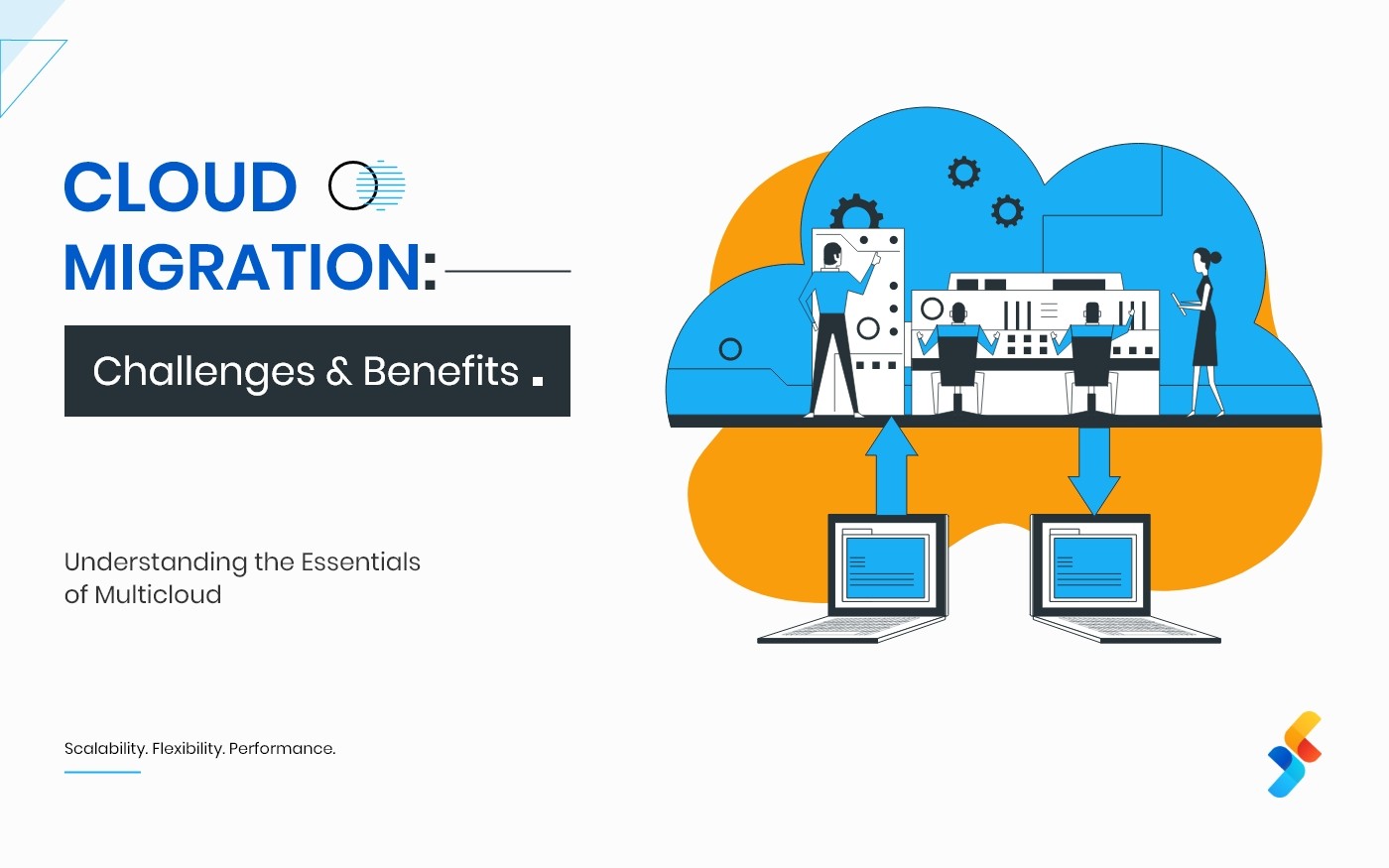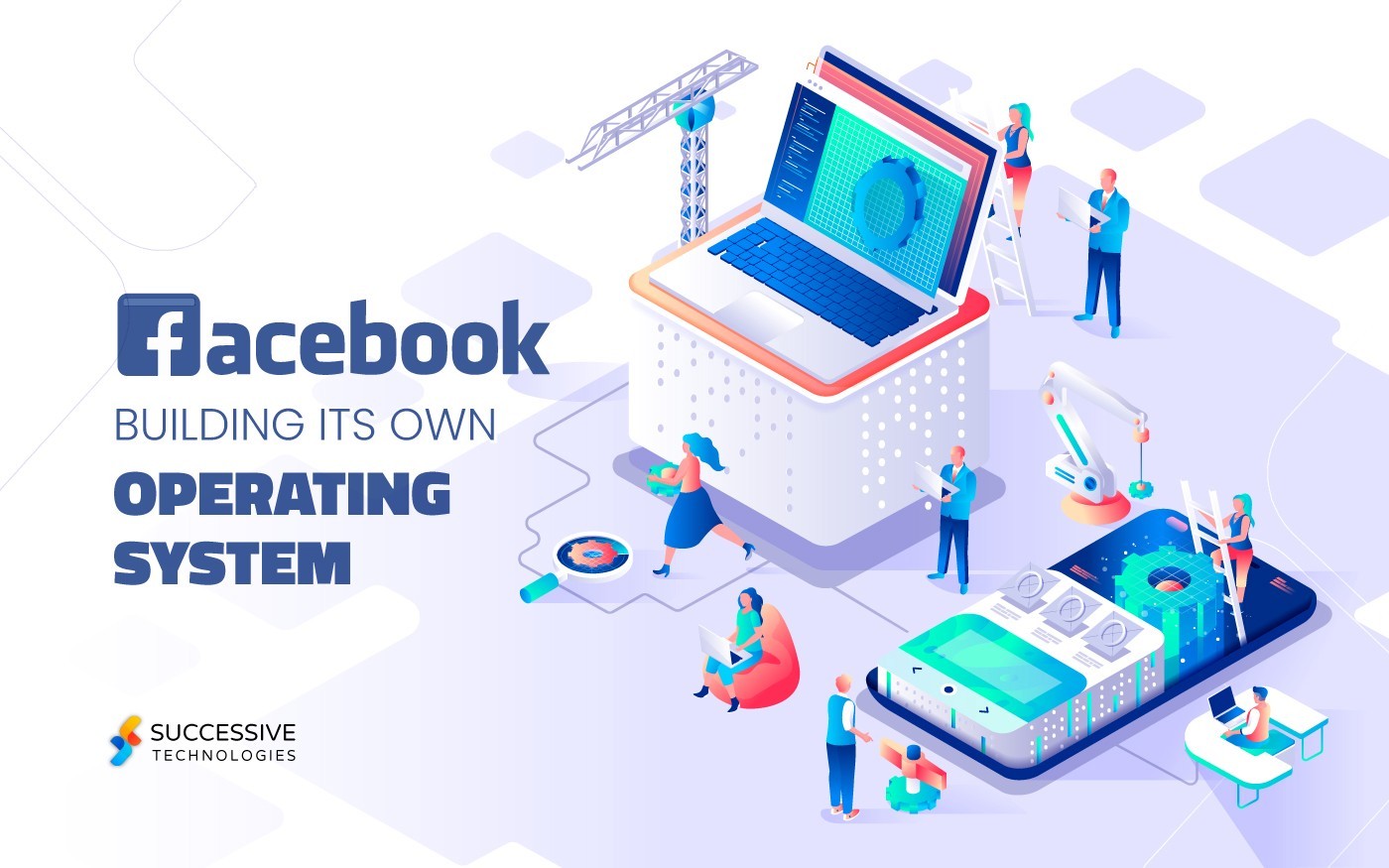Transformation is the core mantra of new-age businesses. Throughout their operational cycles, business strive to transform and turn into something better. Quite naturally, enterprises are always on the lookout for adopting new technologies that define innovation in a whole new way!
It’s here that we come across Apache Cordova, which also has been through a great transformation. This mobile application, previously known as PhoneGap, was a development framework created by Nitobi which was purchased by Adobe Systems in 2011. Then Adobe rebranded it as PhoneGap. In 2011 again, Adobe/Nitobi gave away the PhoneGap codebase to Apache Software Foundation, a mobile app development company in USA. At Apache, the application was renamed as Apache Cordova. PhoneGap was handed over to Apache to keep it an open source always and follow standards. AppBrain suggests that Phonegap / Cordova powers up 7.94% of the app market share overall. It is ranked #5 in app development frameworks.
So basically Apache Cordova serves as an engine to power the PhoneGap, similar to how a WebKit powers Chrome or Safari. These two frameworks are basically same; however, there are some noticeable key differences that will be useful to a developer.
What Are The Key Differences Between Apache Cordova And PhoneGap?
Since Cordova was born from the PhoneGap codebase, there are bound to be some similarities between the two platforms. However, one thing is for sure that Cordova and PhoneGap are both cross-platform frameworks. PhoneGap is powered by Apache Cordova. The PhoneGap is a product of Adobe that contains additional tools by Adobe that tie with other Adobe services. Therefore, an Apache project is not ideal for adobe services. However, PhoneGap is open source software, and will always be free to use and it will always remain a free distribution of Apache Cordova.
Another thing to note is that Apache Cordova lets you build apps suitable for android, iOS and Windows using web technologies like HTML, JavaScript, CSS and with PhoneGap you can do the same. However, Adobe might charge for added Adobe services integrated into PhoneGap codebase.
Other than this, there is not much difference between the frameworks. If you are a developer, you might want to use PhoneGap if you want to build apps in the cloud without installing any additional local SDK. Otherwise, you can use any of the two frameworks to build app. Note that Apache Cordova is always free to use and always will be distributed by Apache.
How The Transition Changed The Framework?
Apparently, there is not much difference between the two frameworks. Any developer who wants to build a cross platform application with HTML, JavaScript, and CSS can use PhoneGap or Apache Cordova — there will not be much difference in that regard since Apache Cordova uses the same codebase as PhoneGap. However, you will Apache Cordova if you want to contribute to open source project powering PhoneGap. If you want to improve the Apache Cordova codebase, you have to use the Cordova framework. Apache is preferred by big names like Salesforce and Facebook who have customized versions for their SDK and Apache Cordova helps them to enable this use case.
One of the reasons that might make you want to prefer Apache Cordova over PhoneGap is Ionic Framework. The Ionic framework is a distribution of Cordova as well but it comes with additional ionic services. It also includes a full set of native-like controls and user interface bindings. The features/services of Ionic make it much easier to use it with Cordova that ensures a smooth performing application across all platforms.
PhoneGap lets you build applications that are platform independent or hybrid. However, Apache Cordova also lets you build application for platforms like Windows, iOS, Android, Blackberry 10, Amazon Fire etc. Apache Cordova may be a little complex than PhoneGap, but it is much more reliable when it comes to application performance, it allows you more control and is more of an open source. You can test the features and develop your application using Cordova. Although you do need to test features for an iOS on an authentic Apple device, however, in terms of performance Cordova has become much more trustworthy. Basically, the transformation of Cordova from PhoneGap has made it more powerful in its execution.
What Apache Cordova Offers
Cordova is flexible in the way it lets the developer build the application. You can use and re-use codes across platforms when you are building application for different platforms or hybrid apps. Cordova also supports offline scenarios. It will help you build your application by letting you access native device APIs so that the app you build is compatible with the native device.
The tools Apache Cordova offers have a wide range of command tools, JavaScript frameworks and cloud services that augments Cordova. When you are using Apache Cordova, you will get tools like Adobe PhoneGap, ionic, Monaca, Onsen UI, Visual Studio, App Builder, Framework 7, Evothings Studio, NSB/AppStudio, Mobiscroll, Instabug that will allow you to build simple as well as complex application across platforms.
Currently Apache Cordova is favoured by developers who are trying to bring Webview, Web App, Plugins etc. The freedom Cordova allows developers to build across platforms or build focusing a single platform has popularized it. Embedding Cordova allows the app to be mixed with native components.
Signing off
From PhoneGap to Apache Cordova — the journey was short and full of changes. PhoneGap is currently owned by Adobe and Cordova is a product of Apache. To sum up, both the frameworks can be used to develop mobile apps from scratch and can be used to develop mobiles apps across different platforms. However, you can think of Apache as the more powerful version of PhoneGap. PhoneGap originally was not an open source framework, but now it is open source and free and it will always remain that way. While Adobe PhoneGap may charge you for extra Adobe services, there will be no charges to use Apache Cordova. Any leading mobile app development company in USA prefers Apache Cordova as it is flexible, promises smooth running of mobile apps and is easy to download and install.
The journey from PhoneGap to Apache Cordova has been revolutionizing. While PhoneGap began in a schizophrenic manner, Cordova is more orderly and well-managed and therein lies the success of Cordova.












